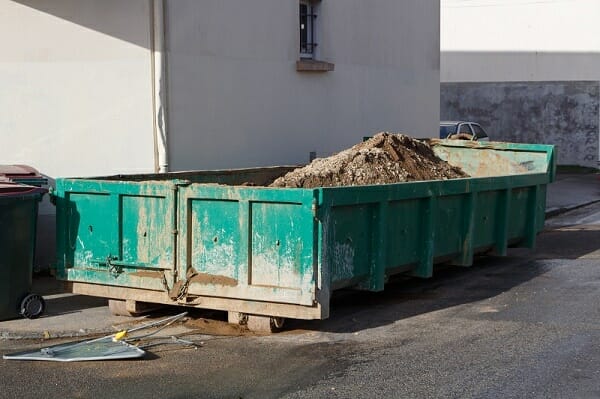- BY Evelyn
- POSTED IN Dumpster Rental
- WITH 0 COMMENTS
- PERMALINK
- STANDARD POST TYPE
Food waste can be subtle, but it is one of the most wasteful parts of modern life. Many people are not aware of how much food they waste and how quickly it can add up, especially if they are not prepared to make the necessary changes to fix it.
Whatever your unique project’s needs may be, we’re confident our affordable rental dumpsters can help your Avenue Of The Arts project go more smoothly.
But how do you prevent food waste, and how can you make it easier without having to completely re-adjust the way you buy food? Here are some ways to cut down on your waste and still eat well.
Think About Your Purchases
Having a list can always help when you are buying food, and there is nothing wrong with keeping an inventory of everything that you own. Not only does this stop you from over-buying something that you already have a good supply of, but it means that you are not wasting perishable food.
For example, a loaf of bread does not always last that long, and it is easy to overestimate its expiry dates. While you could freeze a loaf or two, it takes up valuable space and can interfere with your other purchasing plans.
Thinking ahead is a very good way of staggering your food purchases, meaning that you are not going to have food that spoils or goes unused because you have not had time to use it up. This can be even more important for food that spoils quickly or does not keep for very long.
The more careful you are about what you buy, the easier it becomes to avoid wasting any of it, which can make a huge difference to the average household. Even if you live alone, planning ahead can prevent a massive amount of food waste and save you a lot of money.
Compost Old Food
Composing your leftover food can often be a great way to ensure that it gets used somehow. Turning your food scraps into compost means that they can help fertilize other plants, disposing of the leftovers in a sustainable and eco-friendly way.
Composing your food also allows you to use it to grow more plants, which can be a great idea if you are beginning to grow your own fruits and vegetables. Not only are the leftovers being dealt with, but they are actively helping you crate more food that does not need to be packaged.
Remember to check if certain foods can be composted safely. There may be cases where you have to throw something away or dispose of it separately. You will also need to remove any packaging that can’t decompose or degrade over time.

Obviously, you can’t easily compost without a garden. However, some people still compost food in their yard (or even on a balcony) to use it as fertilizer for indoor plants or window box flowers.
Freeze Food For Later
Freezing your food is not just for dealing with an excess of items that might expire soon – it can be a great way to keep leftovers, scraps, and other unused food items for larger creations. There is a lot you can do with the remains of multiple meals.
For example, if you still have a lot of turkey or pork after a big meal, you can freeze it for an absurdly long time. This means that you could gather up the scraps of multiple family meals then combine them into something brand new later on. No food is wasted, and nothing is thrown away.
Not only does freezing perfectly preserve most meals and items of food, but it can help you beat expiry dates. As mentioned above, a loaf of bread can keep for a long time if frozen, even though bread usually expires quite quickly once opened. Just remember to defrost it later.
Use Everything
The heart of food waste is all about avoiding waste, and that means using as much as possible. It is very common for people to end up throwing away the leftover parts of a meal kit or dumping what is left of a takeout order. However, there are better ways of doing this.
Try to use everything as often as you can. Leftover seasoning and sauce can be combined into other meals, you can use meat in a huge amount of different recipes, and you could even just eat the leftovers the following morning if you do not have anything fancy in mind.
The more you use, the less is left over to throw away, which naturally cuts down on your waste. If you are careful and plan ahead, you can even run a household where you eat everything that gets bought, leaving only a few snacks left for emergencies.
Choose Packaging Carefully
While food waste does not always relate to packaging, it is still a part of your food purchases. Not only can packaging end up in landfills if it does not degrade and can’t be recycled, but that packaging might be lying to you.
For example, some products are designed so that the packaging obscures how much food you actually get, which can throw off your meal plans and disrupt your normal purchasing habits. On the other hand, you may end up with more than you expected, which you will want to avoid throwing away.
Make sure to look at the details of what you are buying, especially if you are very focused on having certain amounts of specific ingredients. If you need a particular sauce for a recipe but end up with an extra half-portion of that sauce leftover, then you will need to figure out how you plan to use it.

 610-679-8449
610-679-8449